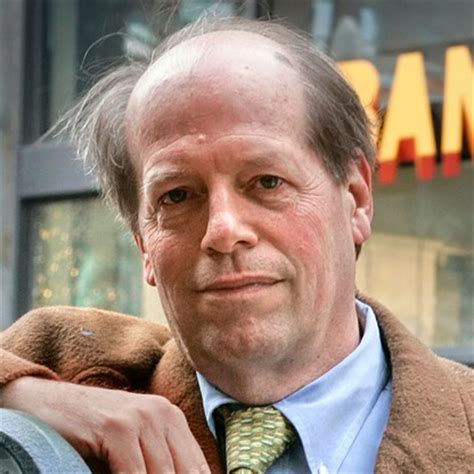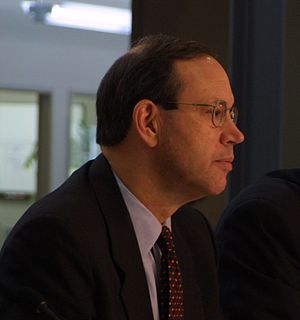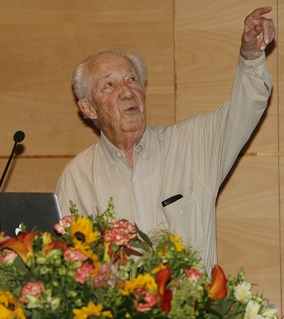A Quote by Jane Jacobs
[Cities] are not like suburbs, only denser. They differ from towns and suburbs in basic ways, and one of these is that cities are, by definition, full of strangers.
Related Quotes
For the most part, French cities are much better preserved and looked after than British cities, because the bourgeoisie, the people who run the cities, have always lived centrally, which has only recently begun to happen in big cities in England. Traditionally in England, people who had any money would live out in the suburbs. Now, increasingly, people with money live in the cities, but this has changed only in the last 20 or so years.
The state of New Jersey is really two places - terrible cities and wonderful suburbs. I live in the suburbs, the final battleground of the American dream, where people get married and have kids and try to scratch out a happy life for themselves. It's very romantic in that way, but a bit naive. I like to play with that in my work.
Wilderness is not only a haven for native plants and animals but it is also a refuge from society. Its a place to go to hear the wind and little else, see the stars and the galaxies, smell the pine trees, feel the cold water, touch the sky and the ground at the same time, listen to coyotes, eat the fresh snow, walk across the desert sands, and realize why its good to go outside of the city and the suburbs. Fortunately, there is wilderness just outside the limits of the cities and the suburbs in most of the United States, especially in the West.




































